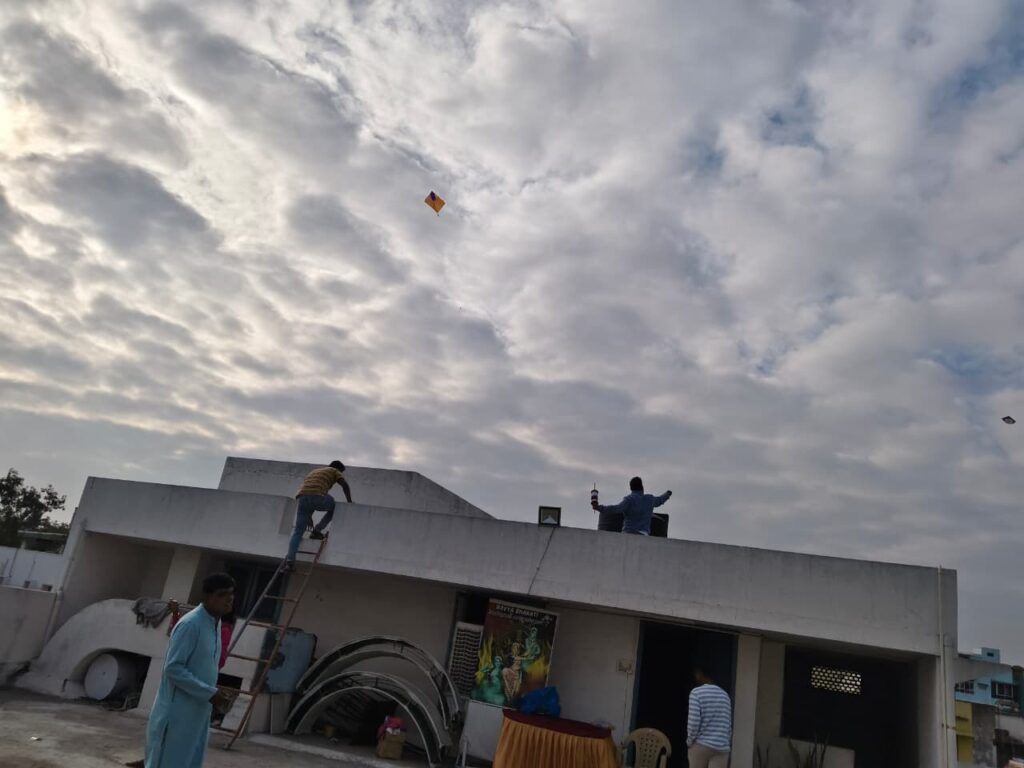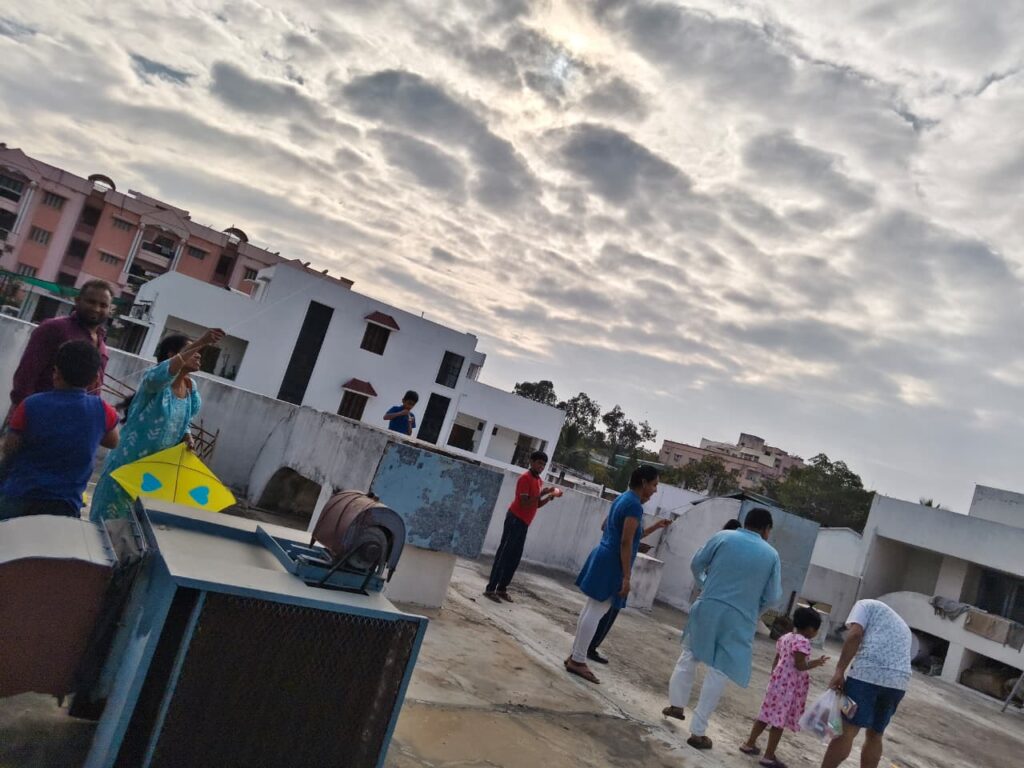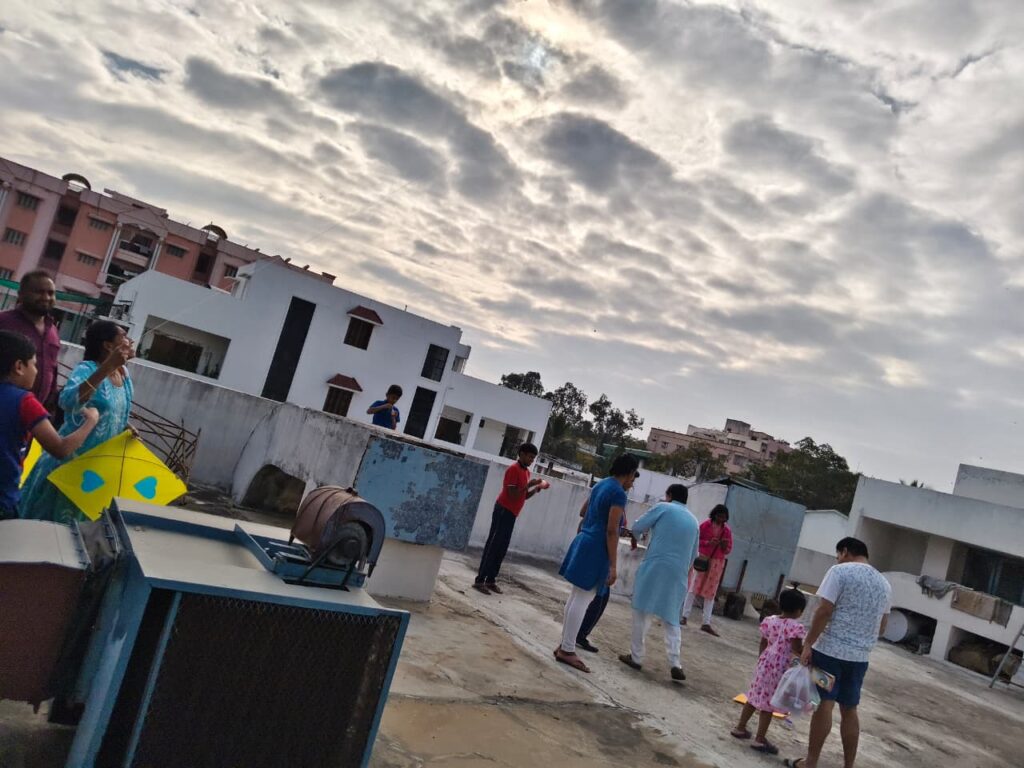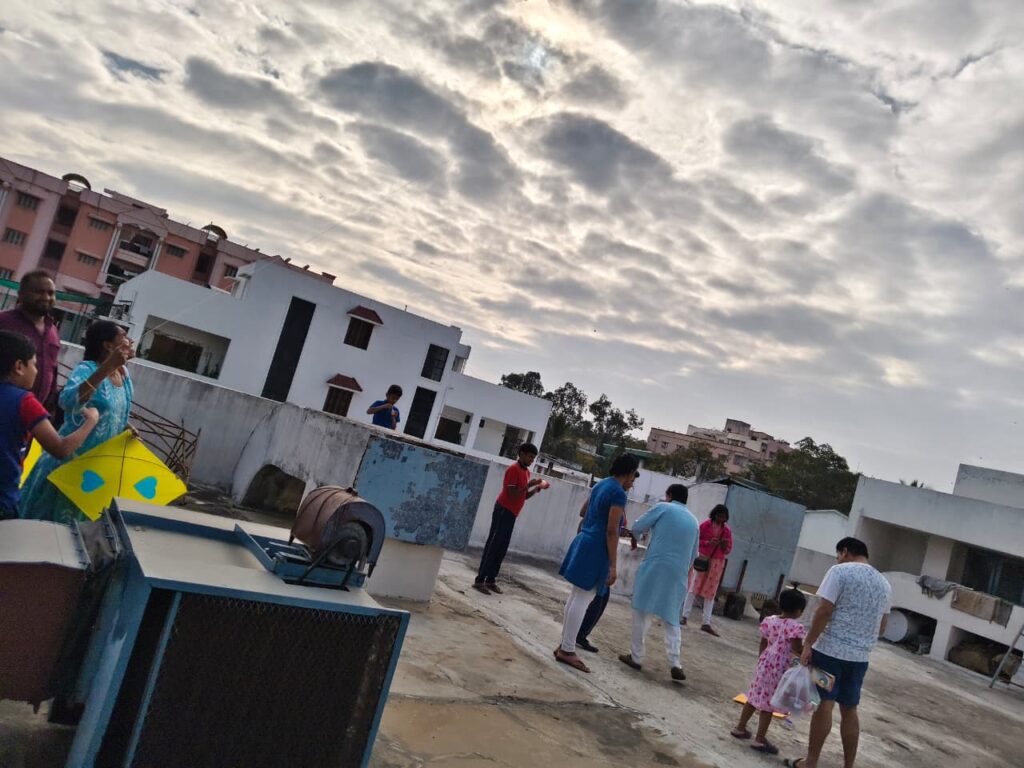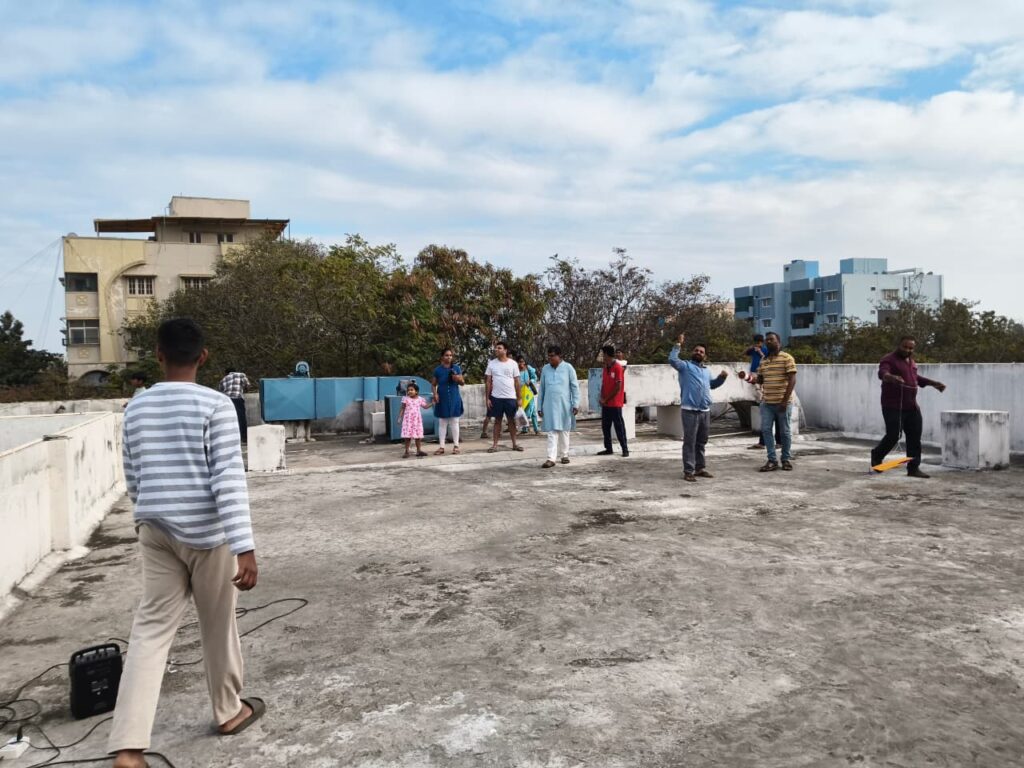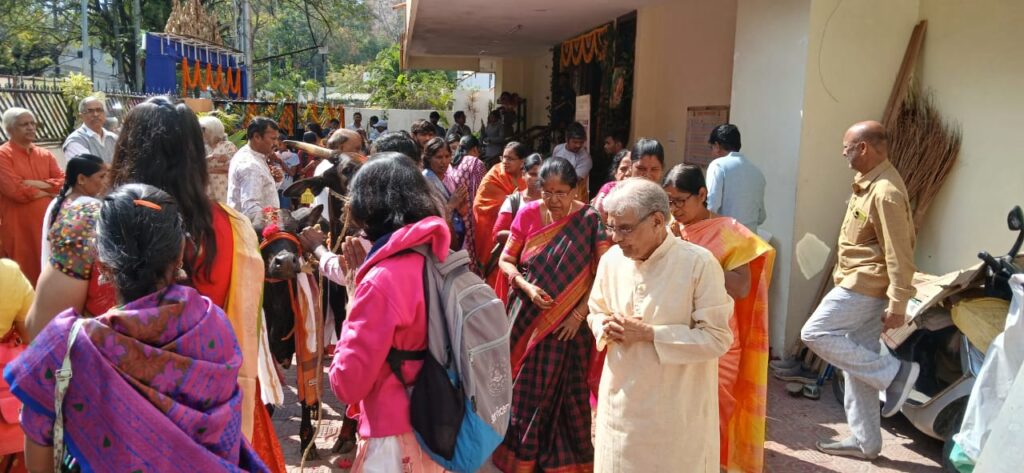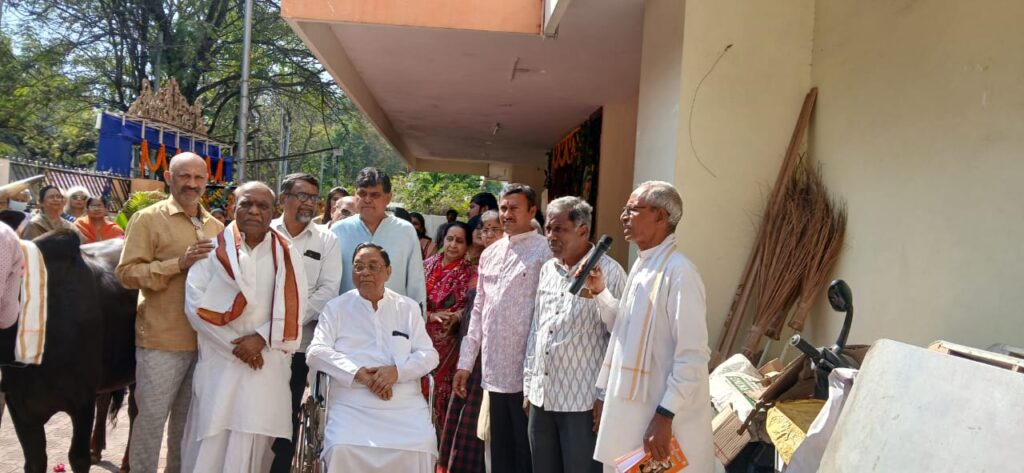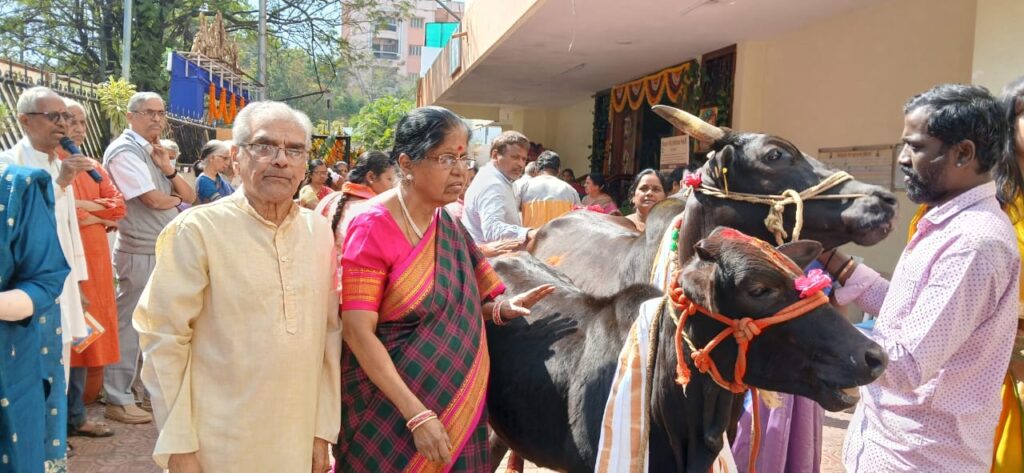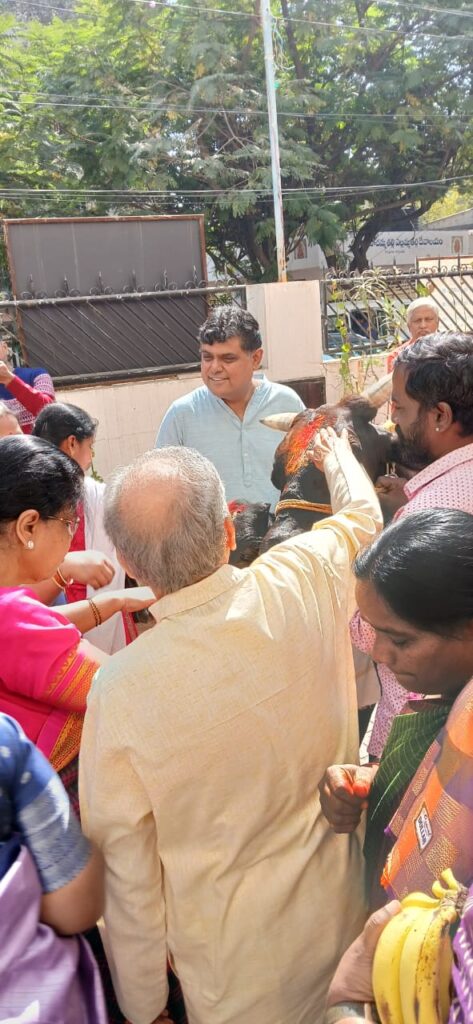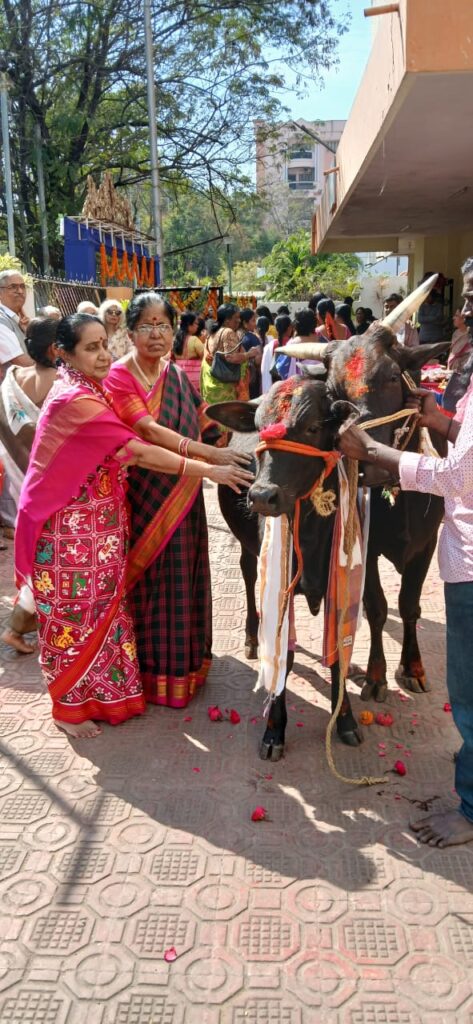When Vikram Reddy Sudini left Hyderabad for the United States in 1999, he wasn’t just moving countries — he was leaving behind a dream that had defined his youth. A passionate cricketer who had grown up playing the game with dedication and ambition, Vikram had once hoped to make a name for himself on the cricket field. However, like countless others, life took a different turn.
Armed with an engineering degree and aspirations of building a stable future, Vikram relocated to the U.S. to work as a software engineer. The move brought opportunity, security, and success — but it also meant stepping away from competitive cricket. The bat and ball were replaced by keyboards and code, yet the love for the game never faded.
A Dream That Refused to Die
Although Vikram’s personal cricketing journey ended prematurely, the dream itself remained alive. When his son Nitish Reddy Sudini was born, Vikram saw not pressure, but possibility. Rather than forcing ambition, he gently introduced Nitish to the game that had shaped his own childhood.
What began as playful tennis-ball cricket soon turned into structured practice. Vikram noticed his son’s natural timing, discipline, and hunger to improve. Living in the U.S. — a country where cricket still fights for mainstream attention — posed challenges. Facilities were limited, competition was sparse, and opportunities were far fewer compared to cricket-mad nations like India.
Yet, Vikram refused to let geography become an excuse.
Hyderabad: The Classroom That Built a Cricketer
Every year, Vikram brought Nitish back to Hyderabad, ensuring his son trained in proper Indian cricketing conditions. From turf wickets to quality coaching, Nitish experienced the grind of competitive cricket early on. He practised against spin bowlers, learned footwork on slower pitches, and developed the temperament needed for long innings.
These trips were more than just training stints — they were lessons in discipline, humility, and resilience. While other children enjoyed holidays, Nitish spent countless hours in the nets, absorbing advice from coaches and guidance from a father who understood both the joy and heartbreak of the sport.
Rising Through the Ranks in the USA
Back in the U.S., Nitish continued playing league cricket, gradually gaining attention for his consistency and maturity beyond his years. His technique — clearly influenced by Indian conditions — stood out in American cricket circles. Soon, he earned selection for the USA Under-19 team, a major milestone not only for him but for his family.
The real breakthrough came on the global stage.
A Historic World Cup Moment
At the ICC Under-19 Cricket World Cup, Nitish Reddy Sudini delivered a performance that rewrote American cricket history. Facing New Zealand, one of the tournament’s strongest sides, Nitish played a composed, fearless innings — scoring an unbeaten 117.
With that knock, he became the first cricketer from the United States to score a century at any ICC World Cup event.
As Nitish raised his bat, acknowledging applause from around the ground, his parents watched from the stands — emotional, proud, and overwhelmed. For Vikram, it was a moment decades in the making. The dream he once carried as a young boy in Hyderabad had finally found its destination.
More Than Just a Century
Nitish’s achievement was not just about runs on a scoreboard. It symbolised:
- The growing footprint of cricket in non-traditional nations
- The sacrifices immigrant families make for their children
- The power of perseverance across generations
Nitish credits his father for everything — from early morning practices to annual trips across continents. He has often spoken about drawing inspiration from Chris Gayle, admiring his confidence and match-winning ability, while striving to build his own identity.
Eyes on the Future
With the Under-19 World Cup now behind him, Nitish Reddy Sudini has set his sights on bigger goals:
- Representing the USA senior national team
- Playing in Major League Cricket (MLC)
- Competing against the world’s best cricketers
For Vikram, the journey has come full circle. What began as an unfulfilled dream transformed into a guiding force — one that helped his son achieve something historic.
A Story Beyond Cricket
This is not just a sports story. It is a reminder that dreams don’t always end — sometimes, they evolve. Vikram Reddy Sudini didn’t get to live his cricketing ambition on the field, but through patience, sacrifice, and belief, he helped his son do something even greater.
From the streets of Hyderabad to the world stage, the Sudini family’s story is proof that passion, when nurtured across generations, can cross borders — and make history.









